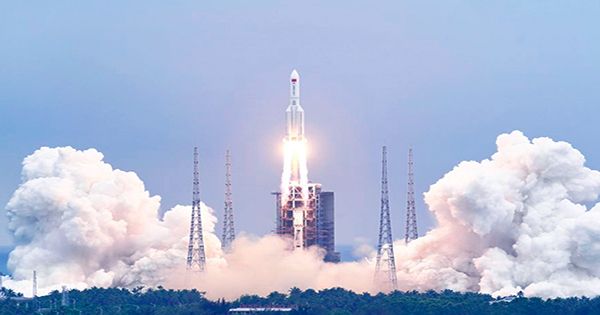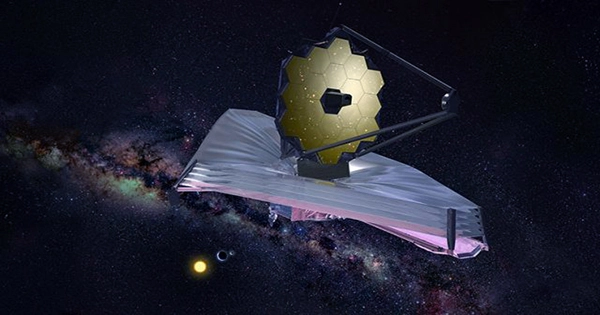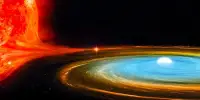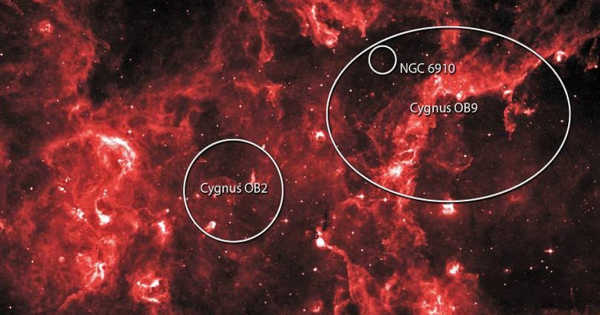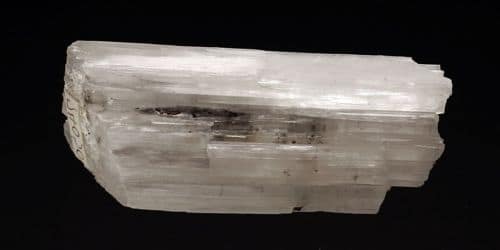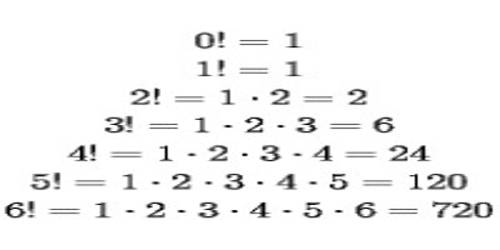The fate of China’s Long March 5B rocket in uncontrolled orbit, which was hitting the earth around, resulted in the conclusion over the weekend that part of the rocket had again escaped gunfire and splashed down into the Indian Ocean southwest of the Maldives. For more than a week, speculation began about where it might land.
While it was less likely to land in populated areas, it was not out of the question. Especially since it happened already last year when some part of a Chinese rocket landed in a village in Cote d’Ivoire. Many are concerned about uncontrolled re-entry and lack of communication by the Chinese government and space agencies.
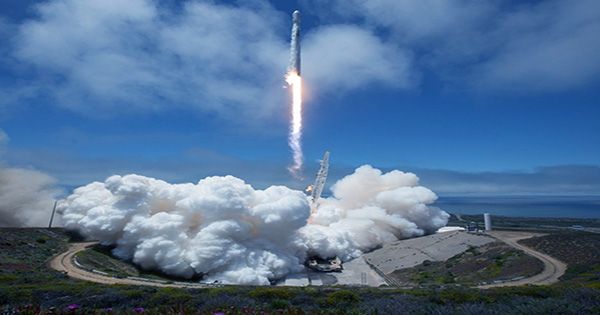
Newly-appointed NASA Administrator Senator Bill Nelson has issued a statement condemning the incident and reminding all government and non-government organizations that they should act responsibly. Nelson said in the statement, “Spacefaring countries must reduce the risk of re-entry of space and space objects into the Earth and maximize transparency in those activities. It is clear that China is failing to meet its obligations regarding space debris.”
The former included satellites, space stations, parts of spacecraft and even a spatula in space junk that eventually returned to Earth. Most of it burns completely in the atmosphere. The largest ones are usually lowered in a controlled way so that they end up in the ocean, not populated areas. “China and all space-carrying countries and commercial entities need to be criticized for working responsibly and transparently in space to ensure the safety, stability, security and long-term sustainability of outer space activities.”
The Long March 5b was 30 meters (100 feet) long and weighed approximately 22.5 tons. As it descends to Earth from orbit, it forms the eighth heaviest object, but it is the fourth largest in uncontrolled re-entry. Luckily no one was injured at the moment, but this second uncontrolled return of the Chinese rocket worries China about its plans to supply the rest of the planned Tiangong space station with large rockets of the future.
